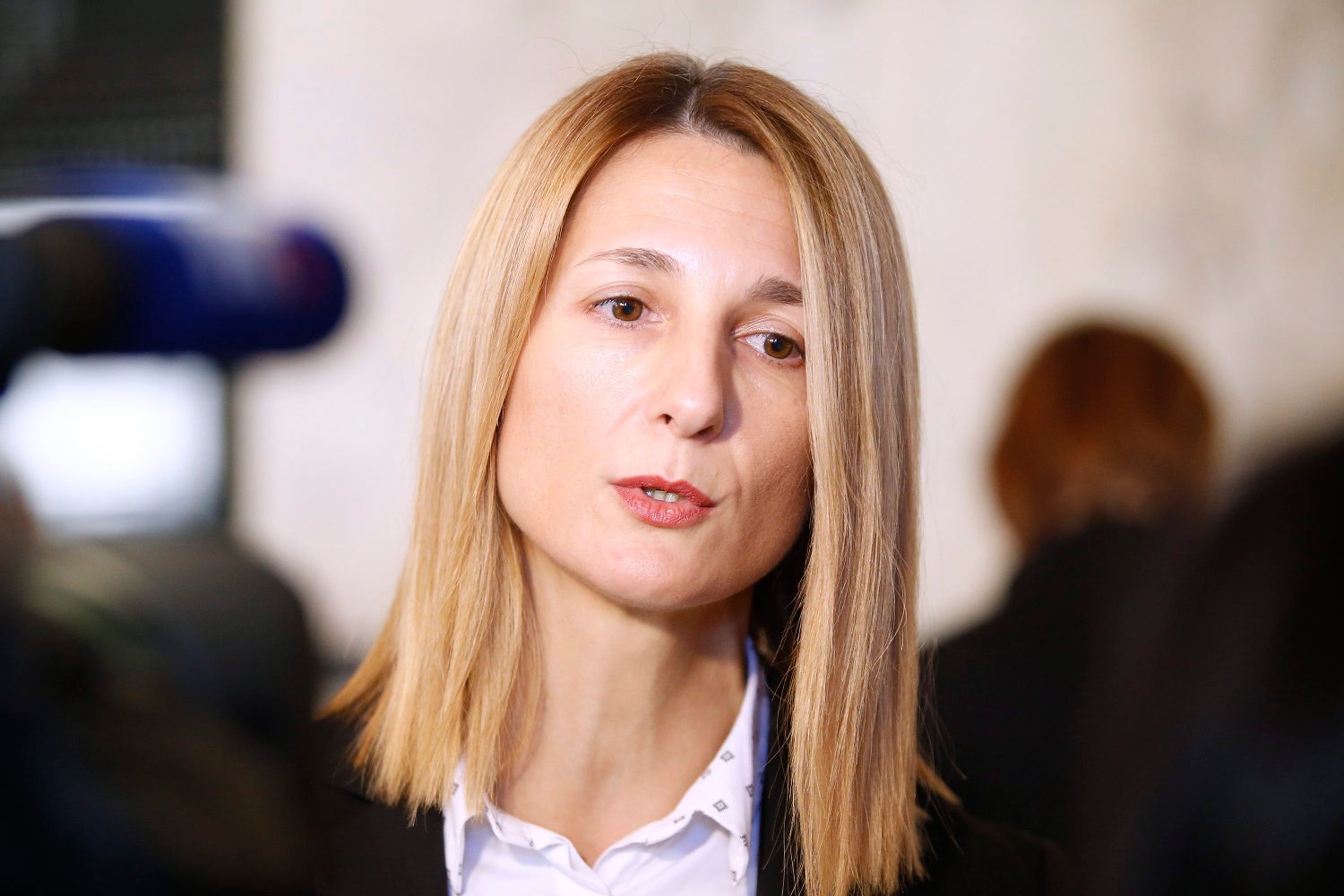
The High Administrative Court has rejected HBOR's cases against the Commissioner 16 times and ordered that the state-run lending institution provide the requested information to the citizens. The remaining seven HBOR's cases before the Court, all of them challenging the Commissioner's orders, are still outstanding.
Clear instruction
All the said rulings of the High Administrative Court gave clear orders to the HBOR to furnish the information on the loan recipients and loan amounts, as requested by the citizens. Nevertheless, all management boards at the HBOR, regardless of whether they were appointed by the HDZ or the SDP-led governments, stubbornly continue to resist each subsequent request for information on the Bank's loans. Simultaneously, HBOR has also used extraordinary legal remedies in the effort to revoke the rulings of the Court — which require it to stop the practice of complete opacity to citizens and make its business transparent.
On HBOR request, the Office of the State Attorney (DORH) has asked the Supreme Court to review the legality of the High Administrative Court rulings pertaining to citizens' request for information — eight times so far. This is the information we have obtained from the Supreme Court.
In administrative proceedings, a party in a case cannot file a plea with the Supreme Court to review a court ruling that is already in force. Such a plea may be submitted only by DORH, at the request of the party. DORH submits such pleas only rarely and only in cases of serious indication of the material law being misapplied by the Administrative Court. Yet, on behalf of the HBOR, DORH did it eight times in three years.
On its part, however, the Supreme Court has not ruled on any of the eight pleas so far, although the oldest is over three years old by now. In 2015, HBOR went as far as trying to annul the first final verdict of the High Administrative Court (which ordered it to submit the requested loan information) by suing before the Constitutional Court, but the Court summarily dismissed the suit.
The first lawsuit
Of course, the prime question is why the HBOR management has been trying to prevent citizens from gaining access to information on its loans so desperately. Which companies re getting the loans with interest rates and repayment terms much more favorable than those of commercial banks? What are the amounts granted?
Novosti magazine reporter Hrvoje Šimičević was the first to ask the HBOR management to provide him with information about the companies the Bank was lending to between 2010 and 2013, and the amounts of those loans. Šimičević asked for information prompted by the unofficial story about an EUR 4 million HBOR loan to Facta Vera, a company co-owned by family members of the then Assistant Finance Minister Branko Šegon. The HBOR management dismissed the query forthwith, claiming banking secrecy.
Šimičević then contacted the Information Commissioner, who issued an order to HBOR in May 2015 to provide the journalist with the requested information. The justification clause in the order states that HBOR is a state-run bank funded by taxpayer money, so that the citizens have the right to know how that money is managed and who benefits from the resulting loans. It is the way — the commissioner explained — for citizens to monitor whether the HBOR loans are actually in the service of the Croatian economic development, in accordance with the stated goals of the Bank.
HBOR, however, continued to refuse the information and filed a lawsuit against the Commissioner's order. The High Administrative Court dismissed the suit and backed the Commissioner's order. Šimičević's effort to acquire the requested information took almost two years.
Although the reporter succeeded in his task, if only after getting the court ruling, the HBOR continued to deny similar information to the citizens who requested it. In a series of subsequent requests for information from the citizens, the management of the Bank simply ignored the opinion of the High Administrative Court, issued as part of the ruling in the Šimičević case, that the banking secrecy rules could not be applied to loans granted by the HBOR. The Court, together with the Information Commissioner, holds that the HBOR is not a commercial bank but a lending institution that uses taxpayers' money as capital. Nevertheless, anyone who has requested information on the loans and management decisions from the HBOR has had to go through the same long and arduous route traversed by Šimičević.
Agrokor case
An entrepreneur who sought a list of all loans approved by HBOR in the first three months of 2017 — who wanted to check whether HBOR had lent millions to the Agrokor Group even after it became clear that the company was unable to service its obligations due to financial overindulgence — had to pass the same obstacle course. In another case, Civic group Zelena Istra (Green Istria) worked hard for two years to get to know which export projects HBOR had financed from 2011 to 2014. It wanted to find out whether the Bank had used public funds to finance development projects harmful to the environment and human health.





Za sudjelovanje u komentarima je potrebna prijava, odnosno registracija ako još nemaš korisnički profil....